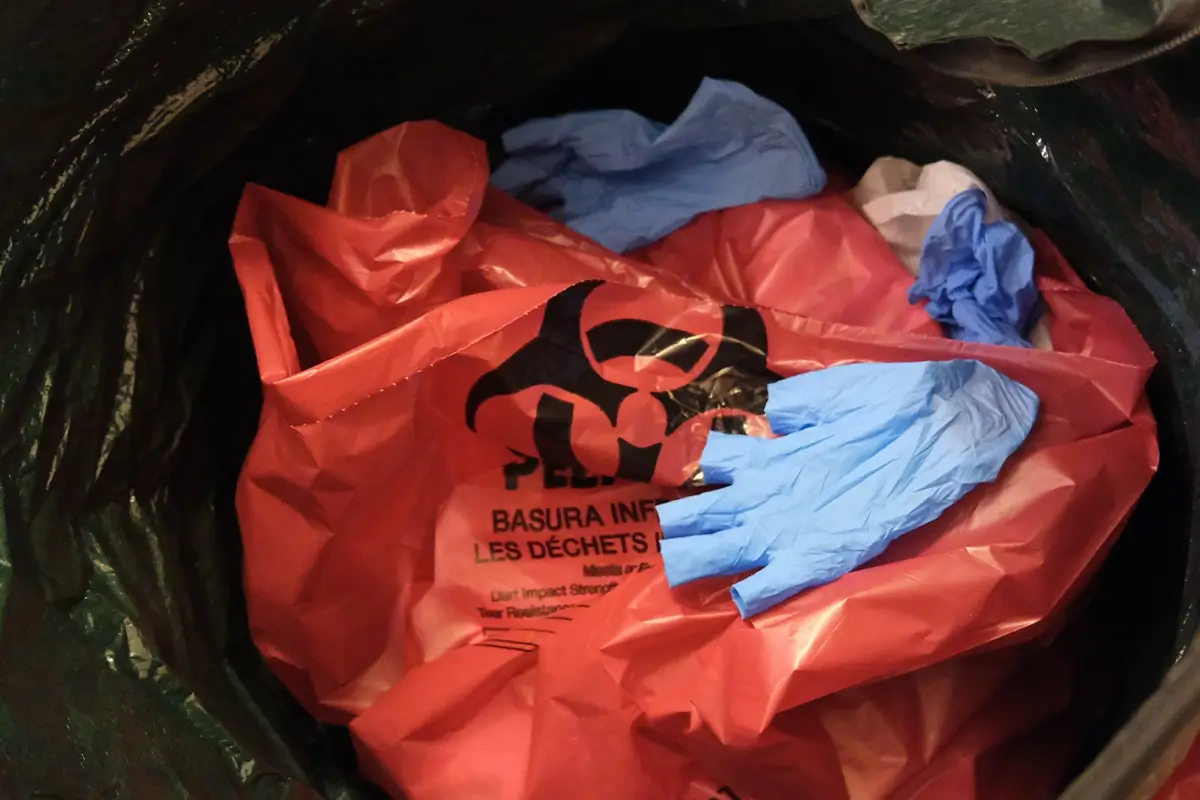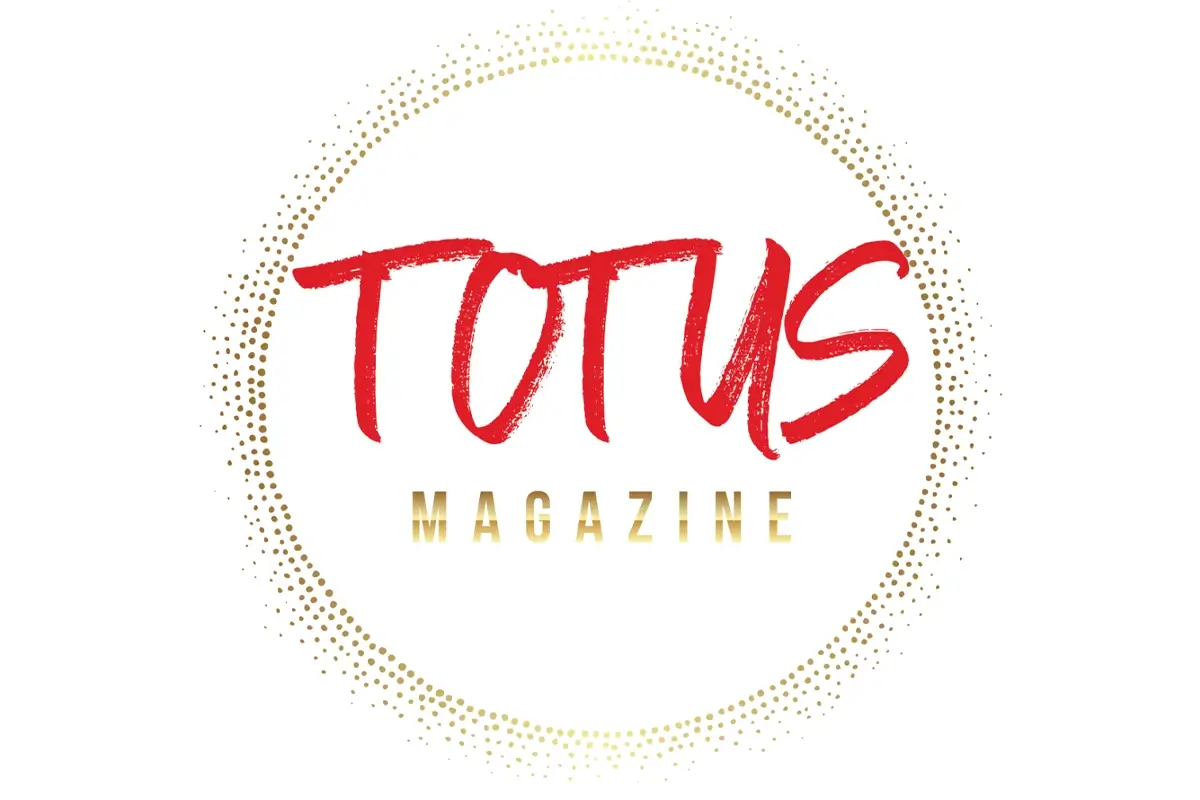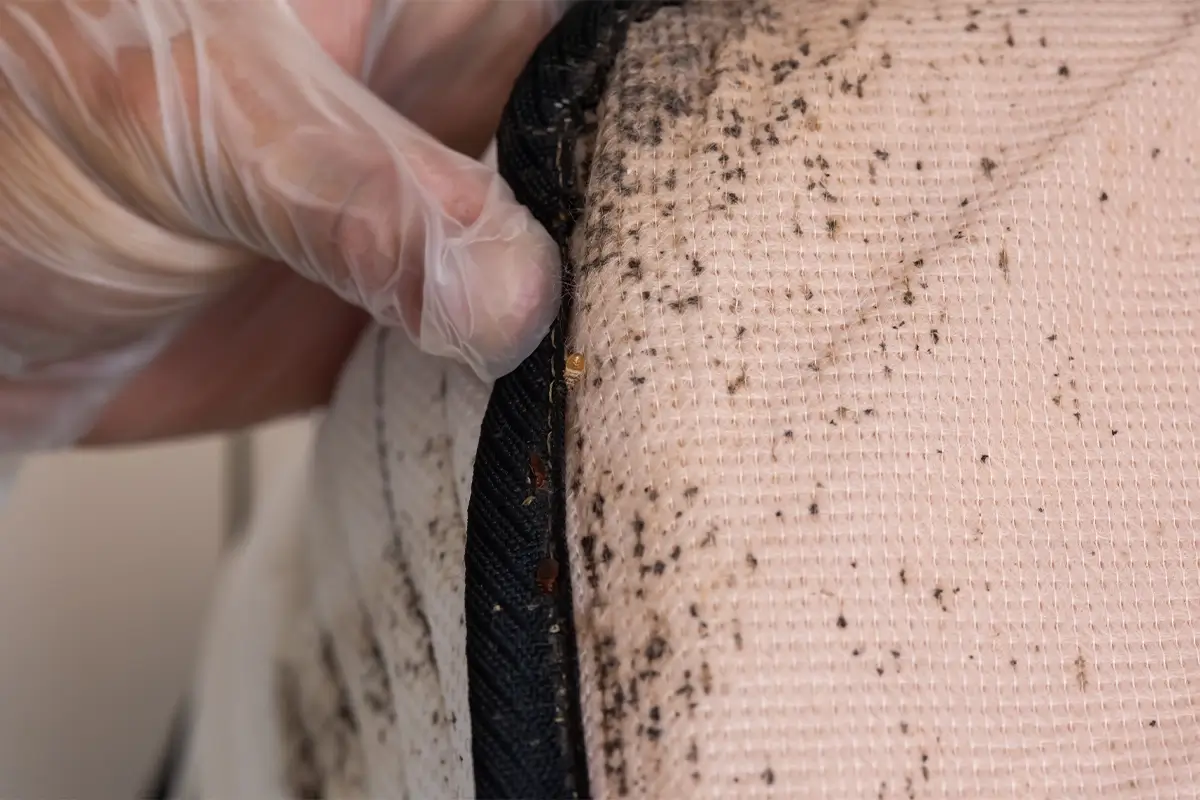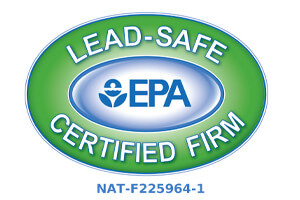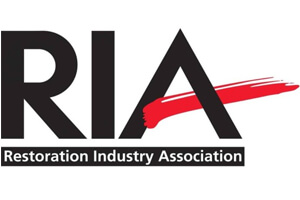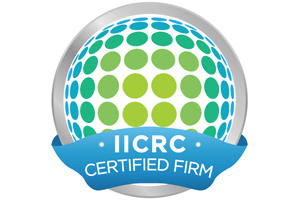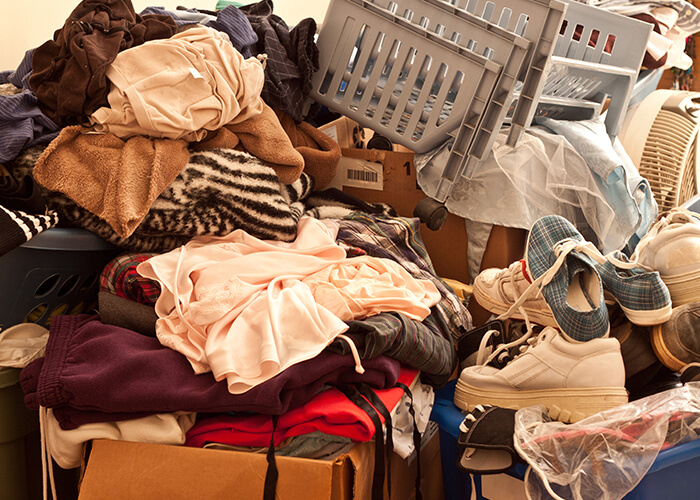
The Definition Of Hoarding
Hoarding is a specific subset of obsessive compulsive disorder. One suffering from the condition compulsively collects items, usually storing them in them in their own home. It is normally considered a progressive condition which begins at or near adolescence and increases in severity with age. However, the exact parameters of hoarding disorder tend to vary between individuals, making it difficult to give an all-inclusive definition of hoarding.
Hoarding should not be confused with simple collecting. A collector tends to stick with a certain single item or theme, budget their money to responsibly add to their collection, keep things organized and clean, and take great pride in their items. Hoarders tend to keep things of little or no value, add to their collection compulsively with an inability to keep it clean or organized, and normally experience emotional distress due to their items. This distress can range from shame and embarrassment to extreme depression and paranoia.
In the most severe cases, a hoarder may pile clutter and trash on their furniture, kitchen appliances, bathtubs, sinks, and walking space, making their home unlivable and presenting a myriad of health hazards from unsanitary conditions and the inability to perform basic hygiene rituals.
Symptoms & Warning Signs Of Hoarding
Hoarding disorder can present in many different ways and often begins with very subtle behaviors that make it difficult to spot before it has reached a more extreme level. Hoarding also has a habit of becoming more difficult to treat as it progresses, making the identification of symptoms and warning signs important at an early stage. These include:
- Genetics may play a role in the onset of hoarding disorder. Having a parent, grandparent, sibling, aunt, or uncle who has suffered from compulsive hoarding is a strong indicator of the condition.
- Many who suffer from hoarding disorder show signs of the condition at an early age. Children and early teens may begin collecting or hiding broken toys, clothing that no longer fits, etc. This is another indicator that hoarding may be a problem as they grow older.
- Hoarding may be considered a kind of addiction, and individuals with an addictive personality may be more prone to hoarding. In fact, nearly half of all documented hoarders have a history of substance abuse or dependence – especially alcoholism.
- Compulsive collecting of clutter or an unwillingness to discard trash is another starting symptom of hoarding disorder. Compulsive hoarders often suffer from the inability to organize and get rid of things.
- Hoarders may also collect so much junk that they lose living space in their homes. Often a hoarder’s collection will overwhelm their furniture, floor space, sinks, appliances, beds, bathtubs, cars, and porches. This creates unsanitary and unlivable conditions in which a hoarder may not be able to cook, eat, bathe, or even sleep.
- Emotional distress and social isolation are both a trigger and symptom of hoarding disorder. Hoarding can present from the inability to cope with extreme stress, such as the death of a family member, natural disaster, or divorce. Likewise, hoarders often experience severe depression, anxiety, loneliness, shame, and paranoia.
If you or a loved one show signs or symptoms of hoarding it is best to speak with a licensed mental health professional.
Hoarding Disorder Treatment Options
Hoarders are often unable to exercise self-treatment without the guidance of a professional, and even with the help of a psychiatrist or psychologist it can be a long and traumatic process. However, treatment programs do exist that have been very successful in helping hoarders get back to a normal life. This often requires continual support from friends and family, lifestyle changes, and the ever-important step of clearing out the clutter.
Be aware, however, that a hoarder’s home may be rife with health hazards. Mold from aging food, animal waste, vermin infestation, fire hazards, and more may be present. For this reason, it is not generally recommended that the cleaning and sanitation of a hoarder’s home be done without professionals.
BioteamAZ are the most highly recommended experts of hoarding clean-up and disposal in Phoenix, Scottsdale, Tucson, and the entire state of Arizona. Their thorough cleaning and sanitation methods can help you rest assured that your loved one has a safe and comfortable environment in which to recover. Contact BioteamAZ today.
